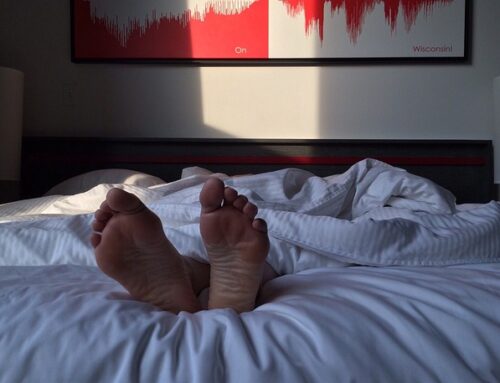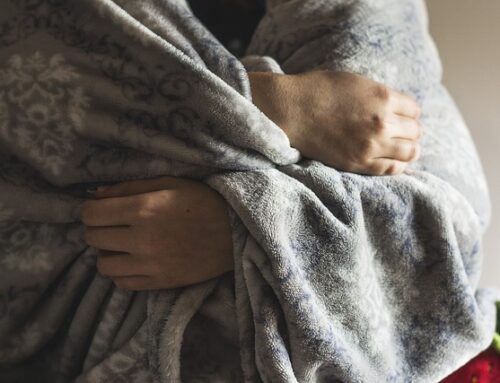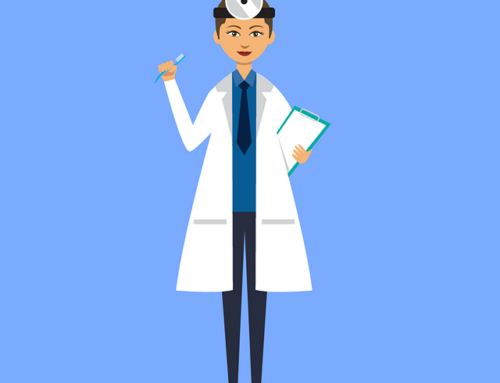As we continue to navigate the ongoing pandemic, a lot still remains unknown, but we have learned that people with COVID-19 and obstructive sleep apnea (OSA) may be at an increased risk for complications.
This was discovered in a study published in Sleep Medicine Reviews that found a connection between COVID-19 and OSA and worse outcomes. This means it is imperative that we care for our patients with sleep apnea in hopes it will prevent worse outcomes should they develop the SARS-CoV-2 infection.
What is the connection?
When looking at the study, we see that the researchers looked through databases from earlier this year through June 2020. In that database search, they looked for papers that included data on COVID-19 and sleep disorders. What they found were 18 studies that looked at both pieces.
Each of the 18 studies looked at the comorbidities associated with poor COVID-19 outcomes. Those comorbidities included diabetes, hypertension, lung diseases and cardiovascular diseases. In these instances, those comorbidities and conditions led to higher rates among patients with OSA.
To add to that, two of the studies found that more than 20% of patients in the intensive care unit for COVID-19 also had sleep apnea. On top of that, one study found that individuals with OSA and diabetes had an increased risk for death on the seventh day.
While this is alarming and hard to hear, we know that providing treatment not only for conditions like diabetes and hypertension, but sleep apnea as well is key. Treatment across all areas can help.
Provide sleep apnea treatment
While continuous positive airway pressure, or CPAP therapy, is the most common treatment for sleep apnea, there’s a better option for a lot of patients. That is oral appliance therapy. Because of its convenience and ease of use, many patients experience better outcomes.
To add to that, with the current pandemic, the CPAP machine may do more harm than good. CPAP therapy is an aerosol-generating treatment that can put individuals in the vicinity at high risk for exposure if the person has COVID-19.
A study within this group actually recommends that patients using CPAP actually stop using it during the pandemic. Instead, patients can use oral appliance therapy to help treat their sleep apnea and prevent the spread of aerosols.
Patients should seek diagnosis and treatment
With everything going on during the pandemic, we have actually seen a decline in new OSA diagnosis. This may be due to fear of visiting the dentist or doctor. However, it is important to reassure our patients that it is safe to visit our offices. Dentists and doctors across the country continue to take proper preventive measures to protect our patients.
What is actually good news is that the risk of COVID-19 is less than 1% in dental offices. This means that our offices are extremely safe due to our attention to cleanliness, airflow and other preventive measures. While we continue to learn more as we navigate this pandemic, it is important that our patients know we are here for them.
Any questions or concerns they have about sleep apnea should be directed toward our offices.





